From 1.2 to 5.5 million children are kidnapped every year
65% of them are girls
48% of these children were forced into sexual slavery
Every year, millions of people around the world suffer from human trafficking. And right now, Ukrainians are the target of criminals who always appear where there is confusion, grief, and pain.
This information is science to protect yourself and your loved ones.
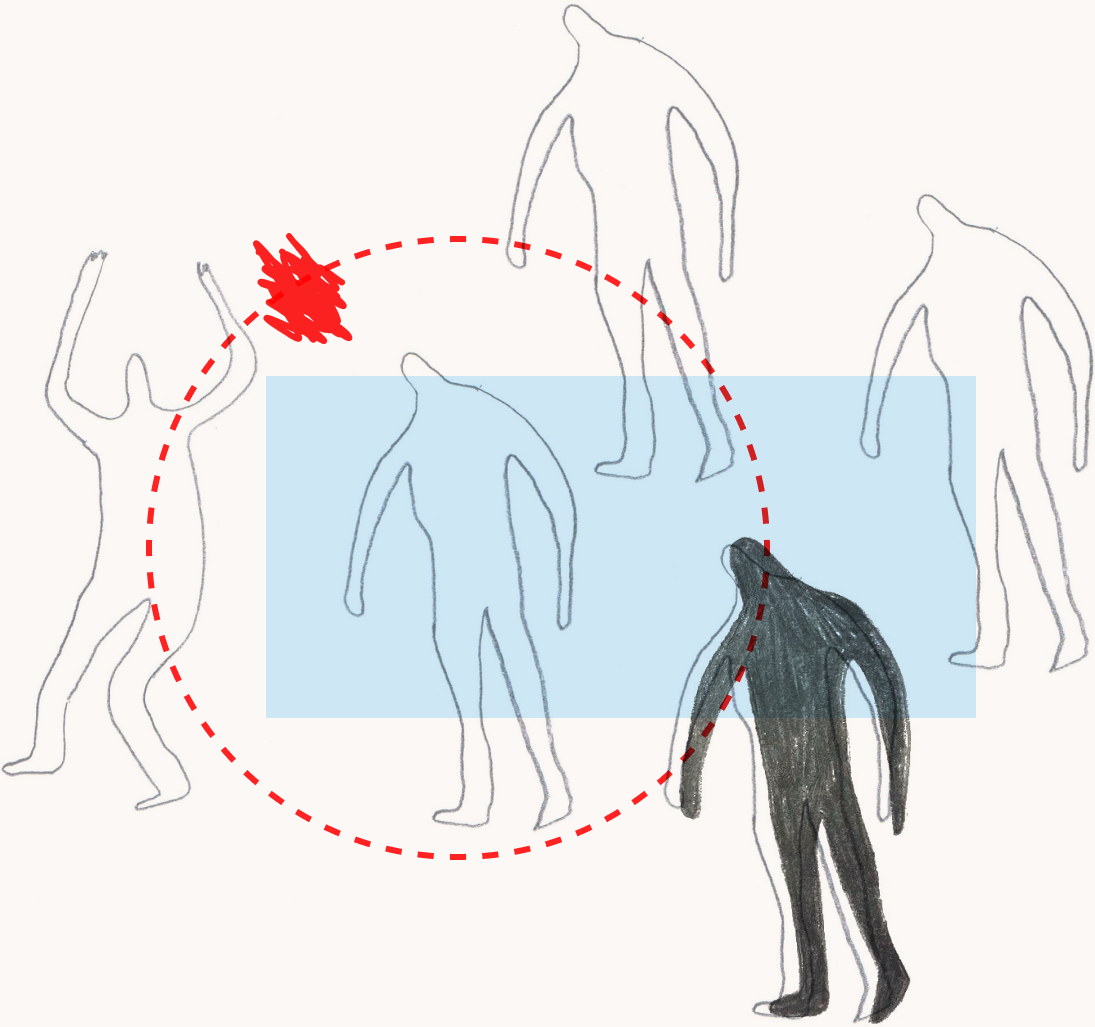
According to the UN,
Human Trafficking is the recruitment, transportation, transfer, harbouring or receipt of people through force, fraud or deception, with the aim of exploiting them for profit.
Human trafficking has many forms: labor and sexual exploitation, involvement in begging or criminal activity, use in armed conflicts, and others. Unfortunately, it is impossible to detect most of the victims of this crime.
20 to 40 million people. That's how many people are in labor slavery all over the world. It means that human trafficking is a global problem.
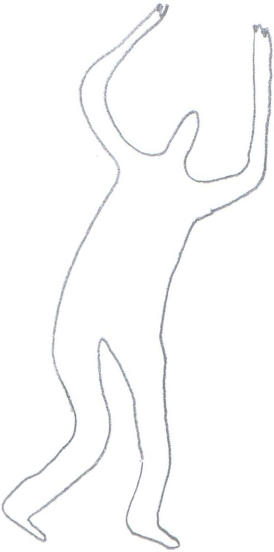
According to the UN, approximately $30 billion a year are generated by human trafficking. This crime generates the second-largest amount of illegal money after drug trafficking.
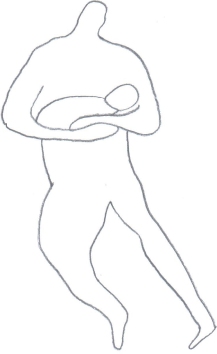
Everyone. These are women, men, girls and boys, people of different ages, wealth, levels of education, nationality, and residents of villages and cities. Anyone can become a victim if they are careless. At the same time, women and children, especially girls, make up the vast majority of victims.
Almost every third victim of human trafficking in the world is a child. According to various estimates, from 1.2 to 5.5 million children suffer from human trafficking every year. 65% of them are girls. 48% of these children are forced into sexual slavery. There are also known cases when organs were forcibly removed from children in slavery or children, were used in armed conflicts. For instance, they were forced to count equipment for Russian troops in the war with Ukraine or to dig trenches.
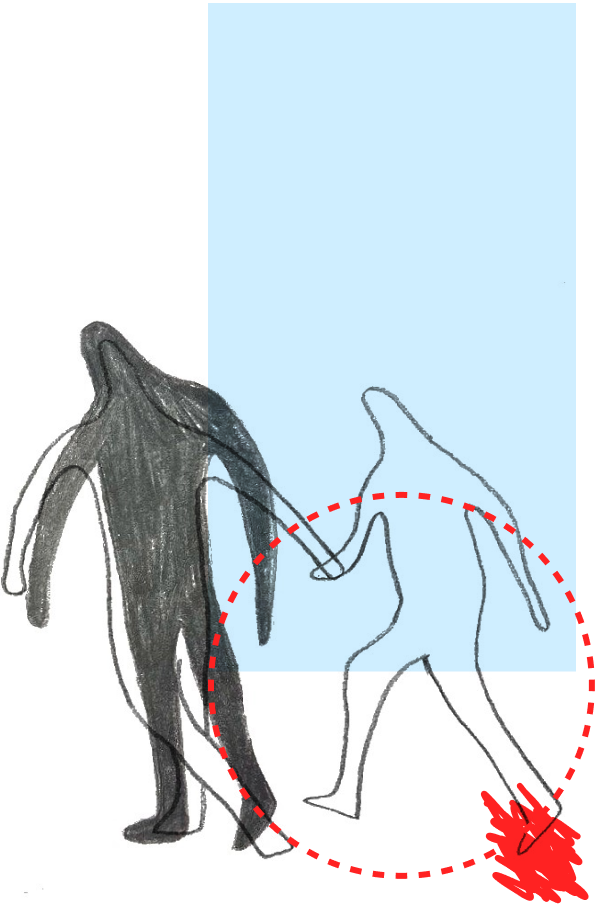
From 1.2 to 5.5 million children are kidnapped every year
65% of them are girls
48% of these children were forced into sexual slavery
Unfortunately, Ukrainians also suffer from human trafficking. According to the International Organization for Migration, from 1991 to 2021, more than 300,000 people suffered from this in our country with 49,000 of them over the past three years.
War increases the risks. In Ukraine, people become more vulnerable due to forced displacement within the country or abroad, loss of housing, job, lack of funds, and contact with loved ones. The militarization process, increasing violence in society, and unstable work of law enforcement agencies create additional danger. Trafficking networks are active, for example, at border crossings, and in refugee-hosting countries.
According to the IOM, 56% of Ukrainian men and women believe that this will never happen to them. However, one in four is ready to cross the country border illegally, give their passport to an employer, or work in closed rooms for the sake of an allegedly profitable job. This is a potential way to become a victim of modern slavery.
![]()
Never give your passport or other identity documents to anyone.
![]()
Take photos of important documents in advance (passports, identification code, health insurance, etc.), send them to your e-mail, print them out, and take the copies with you. Leave one copy of the documents and a recently taken photo of you with a trusted friend/relative.
![]()
Plan a route. Think about where you will spend the nights.
![]()
Arrange with relatives or an adult you know well how you will communicate during the trip. It should be someone whom you have known for a long time and can trust: close relatives, a teacher, parents of your close friends.
![]()
Agree with these people on a code word, phrase, or sign that will indicate that you are in danger and need help. It should be something that you can easily say in everyday conversation, but that you won't say accidentally.
![]()
Tell other people only necessary information about yourself. Don't say anything that will make them suspect your predicament and take advantage of it.
![]()
In European countries, there are numerous actively working public organizations and services that provide assistance to victims of human trafficking, violence, etc. Just in case, make sure you have their contacts.
![]()
Make sure you have e-mails, telephone numbers, and addresses of consulates and embassies of Ukraine with you. Try to remember the phone number.
![]()
Download a phrasebook or dictionary so you can ask for help when needed.
![]()
Before traveling abroad, find out what rights you will have, as well as find information about local traditions and laws. Pay attention to the rules for unaccompanied minors if you are traveling alone.
![]()
The website of our Ministry of Foreign Affairs has a FRIEND system, it allows you to stay in touch with consular institutions of Ukraine around the world. Before departure, register in it.
![]()
Install the Chatbot “Safety of Women Abroad” and the Chatbot “Hotline 527”. There, you will find hotline numbers, addresses of embassies, contacts of volunteers, lawyers, psychologists, etc.
![]()
Every day, inform your family or close friends about where you are and which people you communicate with.
![]()
Do not give your phone or other means of communication to anyone. Do not leave them unattended anywhere.
![]()
Do not trust random strangers, even women or your peers - they could be involved in recruiting potential victims.
![]()
Beware if you dare to get in a car with strangers, no matter how friendly they look. Take a photo of the car's license plate and driver's documents (if possible) and send it to a trusted friend/relative. And it's better not to get into cars at all.
![]()
If your passport is lost abroad or it was taken by force, contact the embassy or consulate of Ukraine immediately. You will not be punished for this, it is their job to help you.
![]()
Try not to stay alone but be with two or three other people at least. If possible, contact governmental or non-governmental organizations for help with accommodation or transportation.
![]()
Sometimes, attackers can pretend to be volunteers. Ask about the organization for which the volunteer works and if there is information about this organization on the Internet.
![]()
Be wary of offers from strangers. Especially if these offers are meant only for young women and girls.
![]()
Don't borrow anything from strangers or people who are very insistent on lending you money. This can be used to force you into slave labor.
![]()
Contact public organizations or volunteer centers to find out everything about lodging, work, and the process of obtaining documents.
![]()
Ask to be accommodated in a center for Ukrainian immigrants until you find another place to live.
![]()
Before leaving, it is better to save the contact details of several organizations that offer accommodation, in case there are no places in the center you are going to or other difficulties arise.
![]()
If you are offered to live with a family, inform the volunteers at the center about it, and leave them all your contacts and addresses. Be sure to tell your loved ones at home about it.
![]()
Remember that in Europe, apartments are rented out only with a contract. If you are offered housing without it, it is suspicious. In addition, if you do not have a housing contract, the state will not be able to reimburse the rent for you and you will lose money.
![]()
Keep copies of your documents separate from the originals.
![]()
Do not say yes to the first offer that promises you quick money. If something seems too good to be true, it probably is.
![]()
If the job offer is valid for young girls with no work experience, it is a "red flag".
![]()
In order to work in Europe, a person must apply for a work permit. If you are offered a job without the documents, do not accept it. Working without documents is a violation of law, and you can be prosecuted for it.
![]()
If you are employed abroad via a Ukrainian intermediary company, check whether it has a license to carry out such activities. You can do it on the websiteof the Ministry of Economy.
![]()
Most countries offer Ukrainians to use their own Employment Services for employment. Volunteers have information about this.
![]()
Do not pledge your passport or give it to employers or other persons.
![]()
Sign only the documents written in the language you understand. Make sure that the employment contract is translated correctly, it does not contain vague wording, and all conditions are clear: duties, work schedule, salary, medical and social insurance, vacation, and days off. If necessary, consult a lawyer.
![]()
The employer must be ready to answer all your questions. If he gets annoyed, begins to intimidate or manipulate ("So, do you need a job or not?", "You won't find anything better anyway!"), refuses to show documents about his business - these are signs of possible criminal activity.
![]()
Do not accept a job with many unknown aspects. For example, if you need to transport packages and you do not know what is inside of them or if they say that you will do "something according to the situation" or "whatever they ask you to do".
![]()
If they promise extremely high wages, this is rather a reason to be wary than to rejoice.
![]()
Once you hear about compensating the employer's expenses "from your first salary," you should leave immediately. And after that, warn volunteers and public organizations involved in human trafficking about it. It can happen that you will save someone's life.
![]()
Template-based and 100% positive reviews about the company on the Internet are suspicious.
![]()
Changing previous agreements at the last minute before signing the contract or starting work is an excuse to interrupt your cooperation.
![]()
Trust your judgment. If you are uncomfortable somewhere and\or if people raise concerns and you do not trust them, leave the place and these people. Do not be afraid that you will look ungrateful or impolite. Your safety is more important. You do not have to explain to anyone why you do not want to work or live somewhere, or communicate with someone – you have the right to do so! A moment of embarrassment can save you from years of slavery.
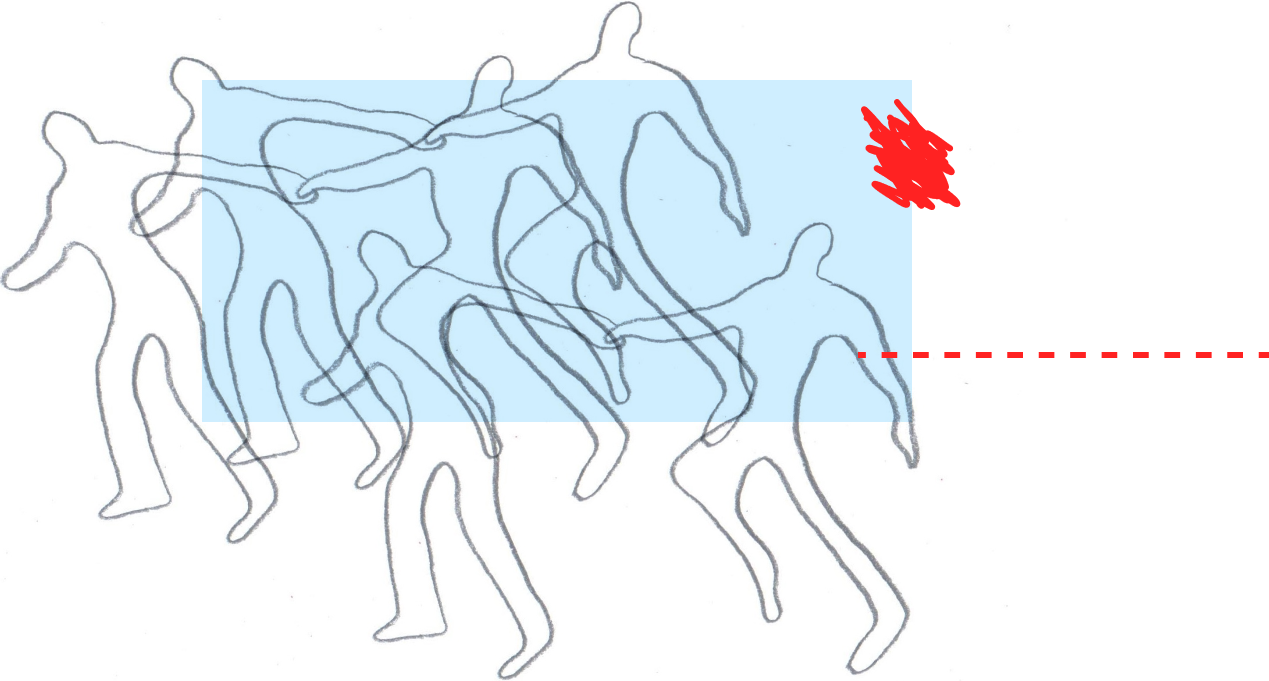
Exploited people are forced to work long hours, either for no reward or for little pay. In addition, they suffer from physical, sexual, and psychological violence, often their documents are taken away and they are forced to pay fictitious debts.
If you cannot or are afraid to leave the workplace, you are in slavery!
If your documents have been taken away, don't worry, emergency services, non-governmental organizations, or consulates will help you anyway.
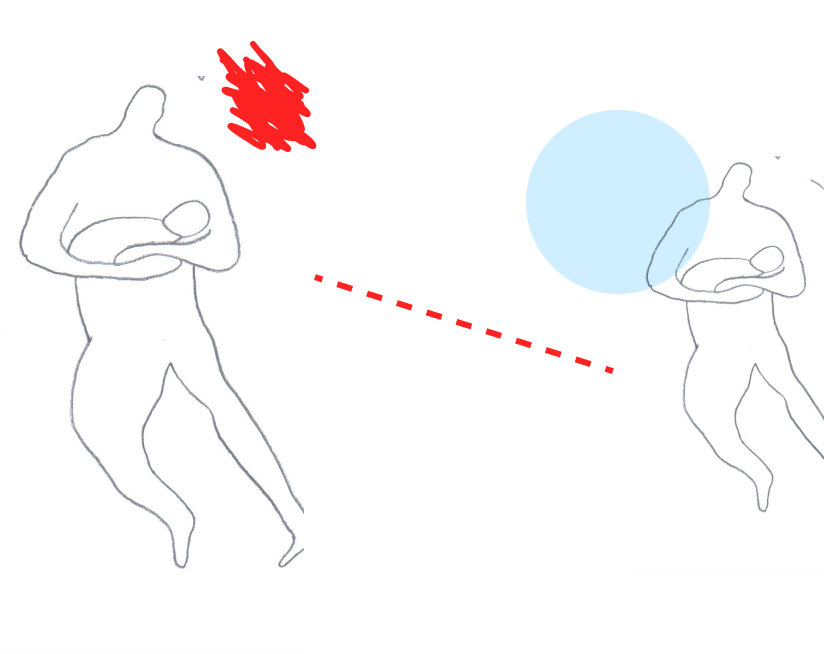
National hotline from the NGO La Strada-Ukraine to combat domestic violence, human trafficking, and gender discrimination
National hotline for children and youth
NGO "Information Human Rights Center Edelweiss"
On the website of the state hotline on issues for reporting domestic violence, human trafficking, gender-based violence and violence against children 15-47
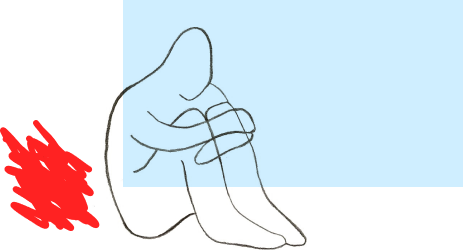
Remember: now, every one of us is in danger.
Traffickers exploit the military conflict for profit. They prey on people who are forced to leave their homes, are alone in foreign cities, feel confused, lonely and vulnerable. Therefore, during the war, the problem of human trafficking turns into a real disaster. Take care of yourself!